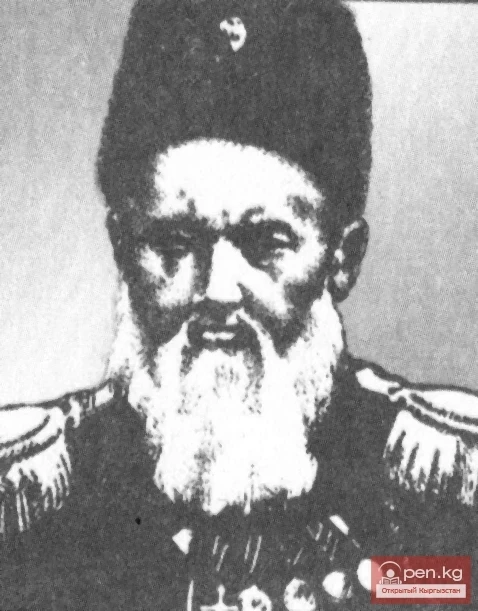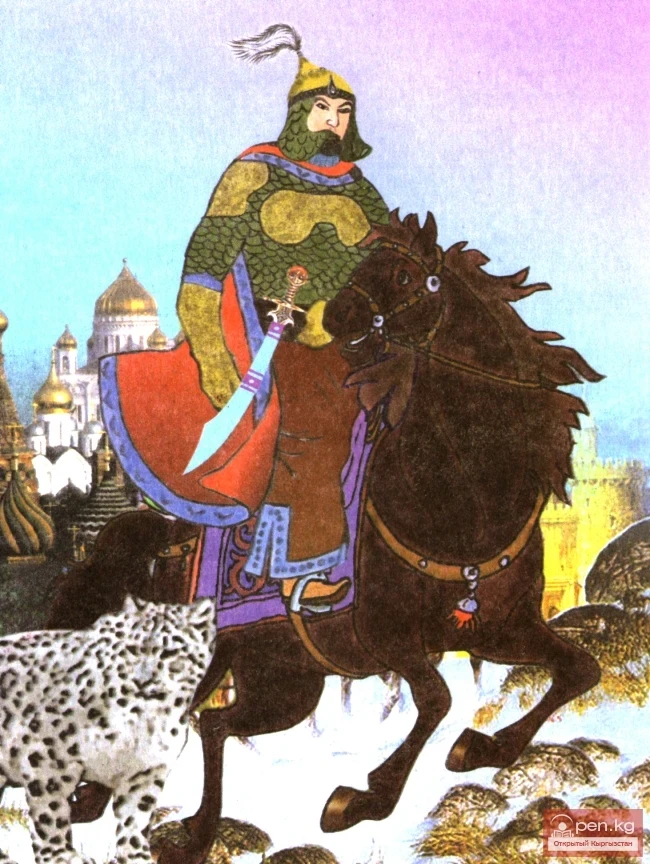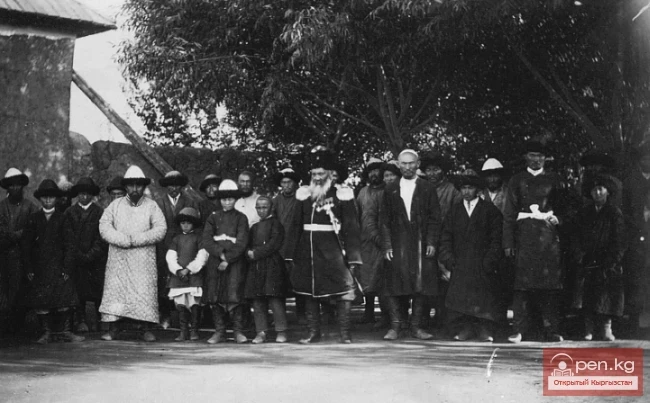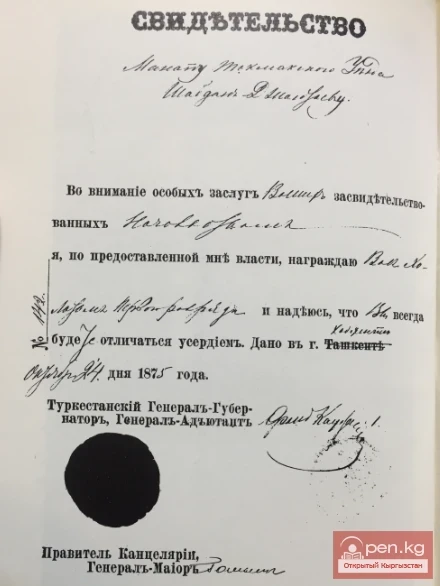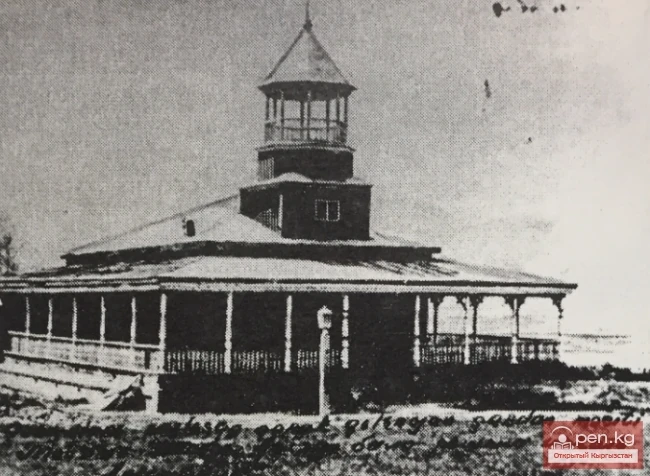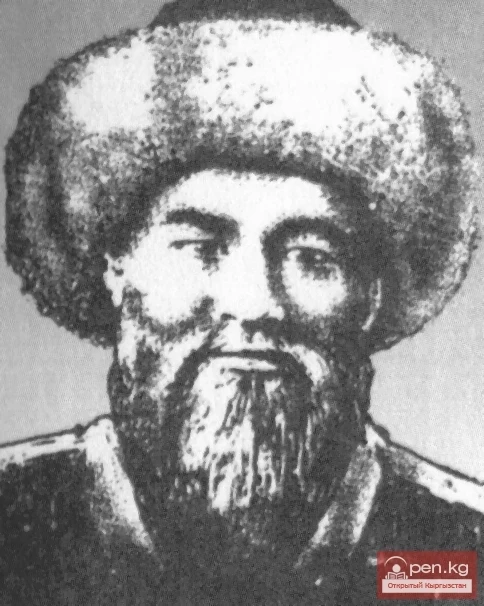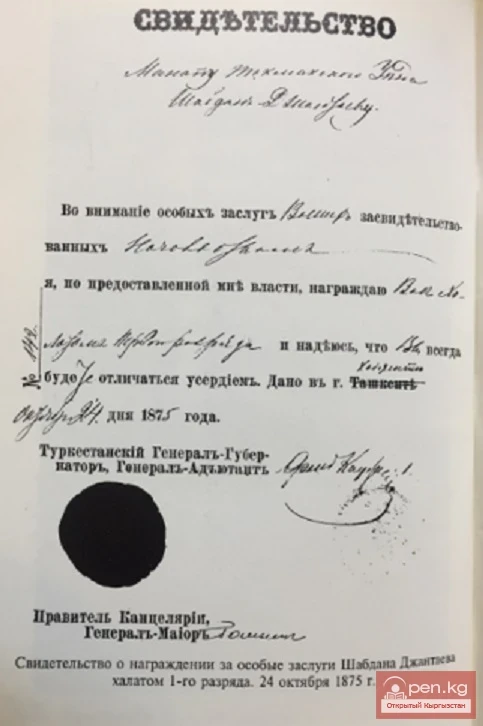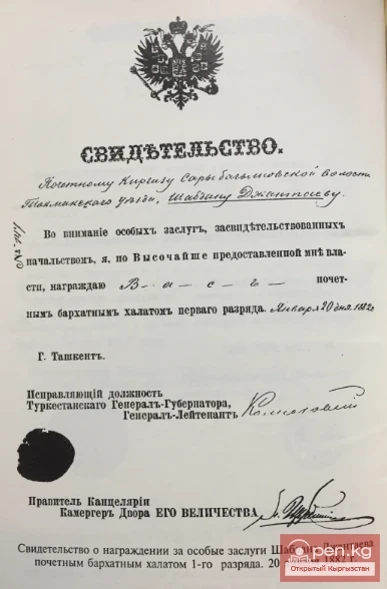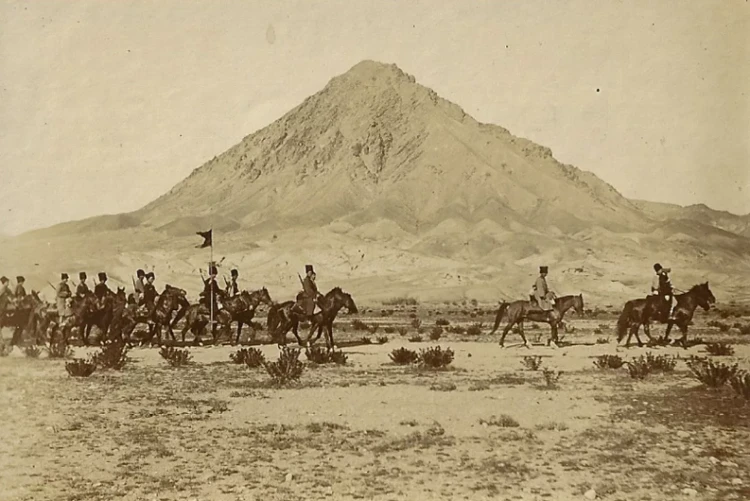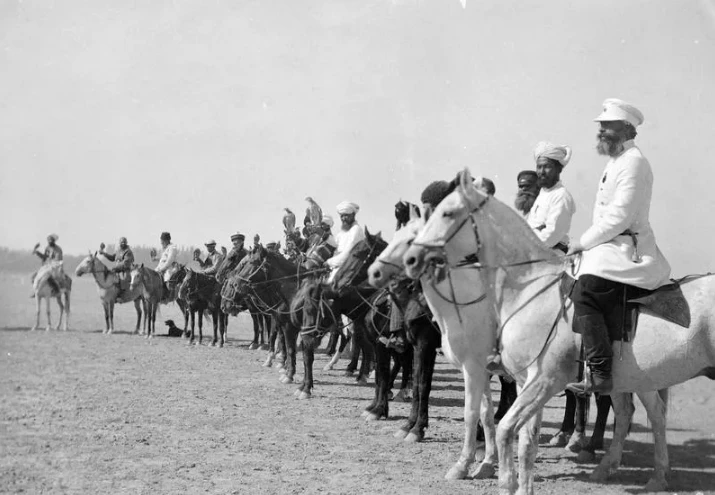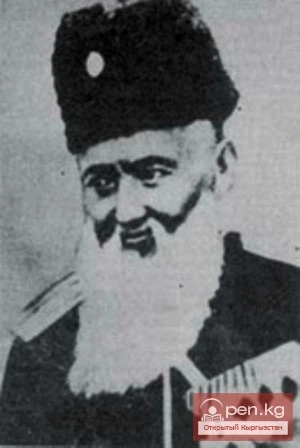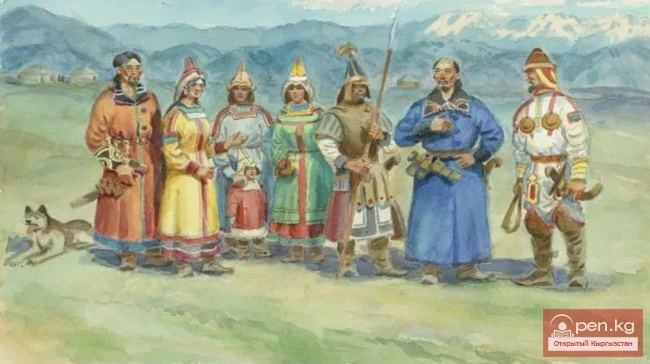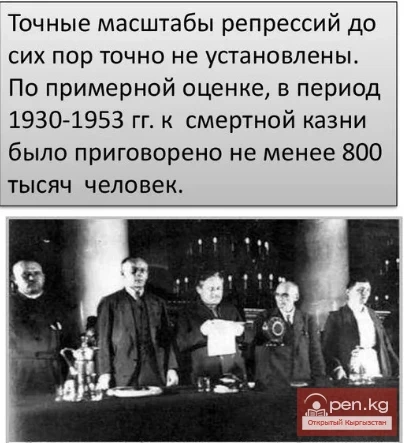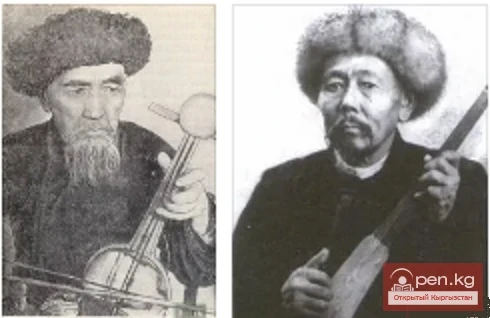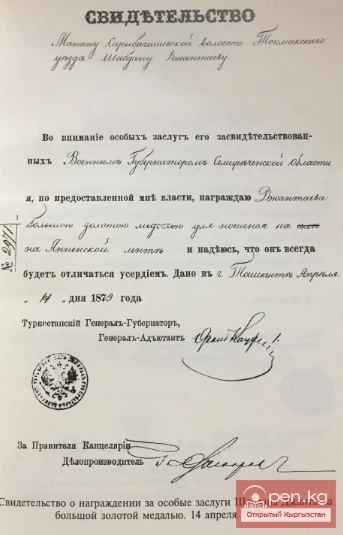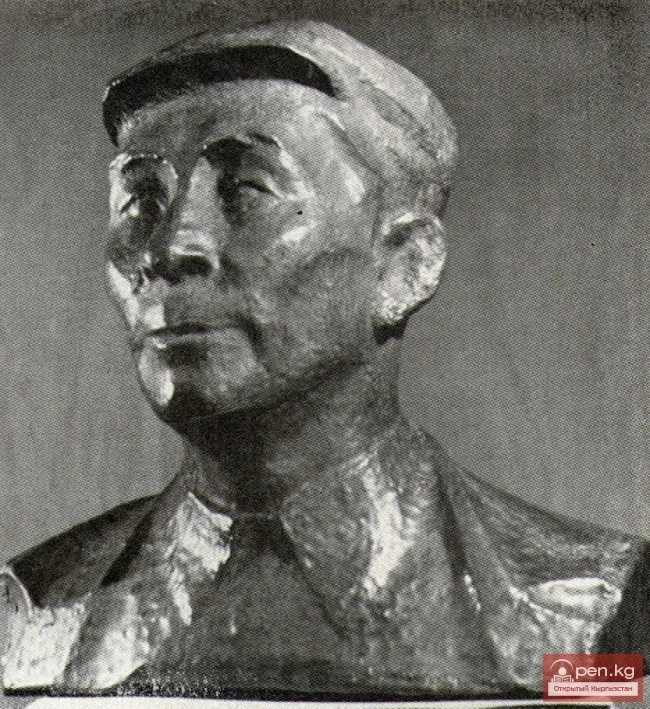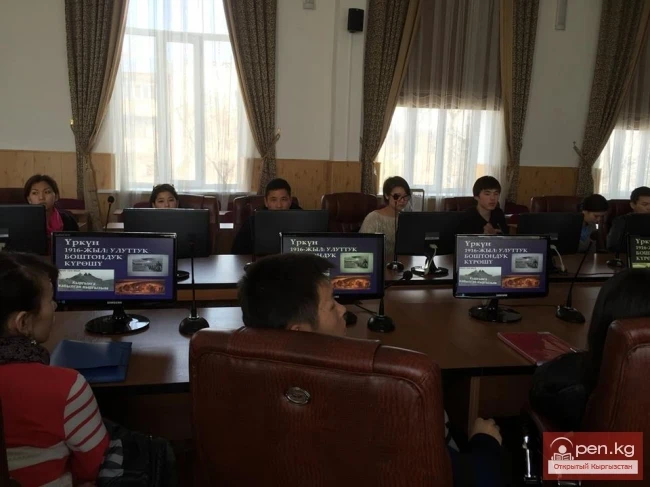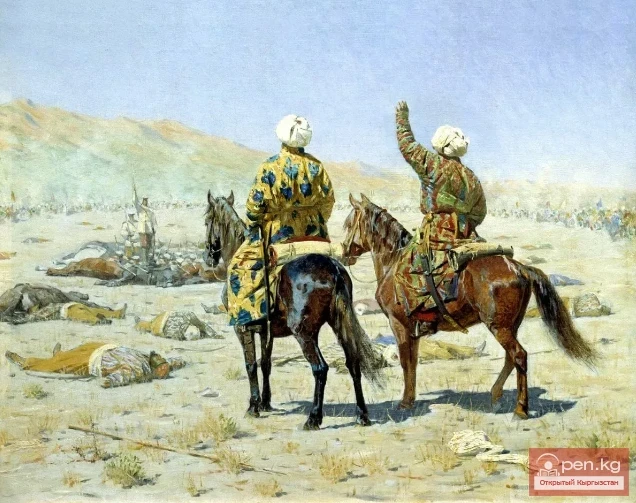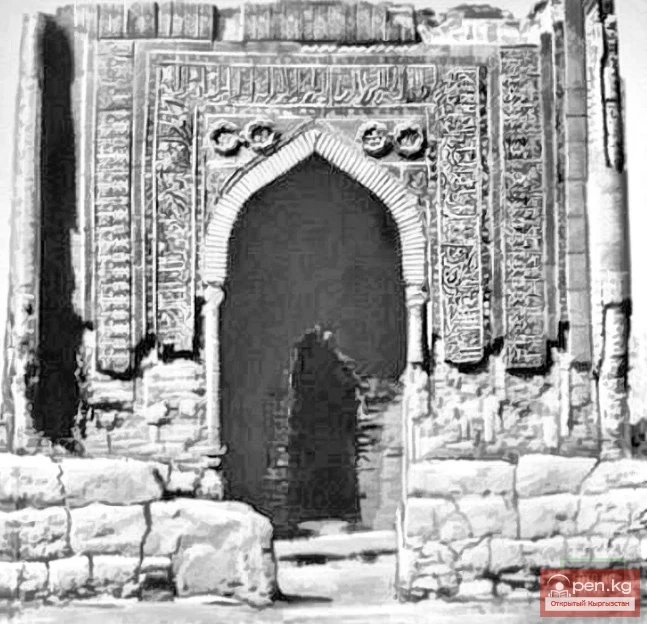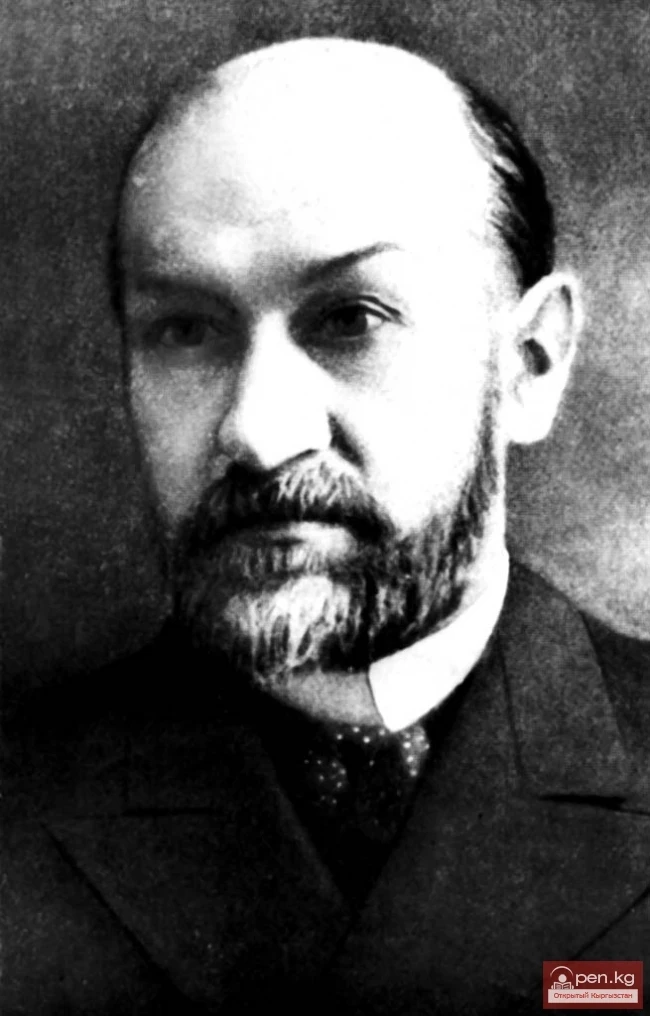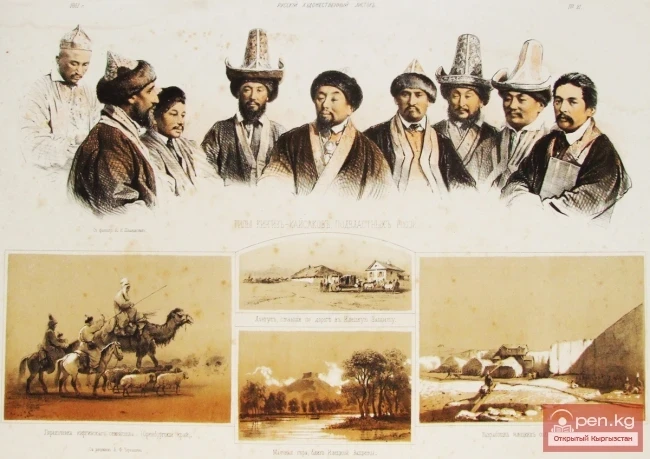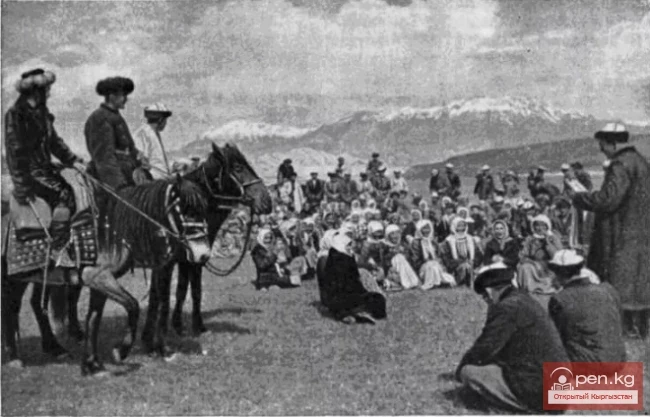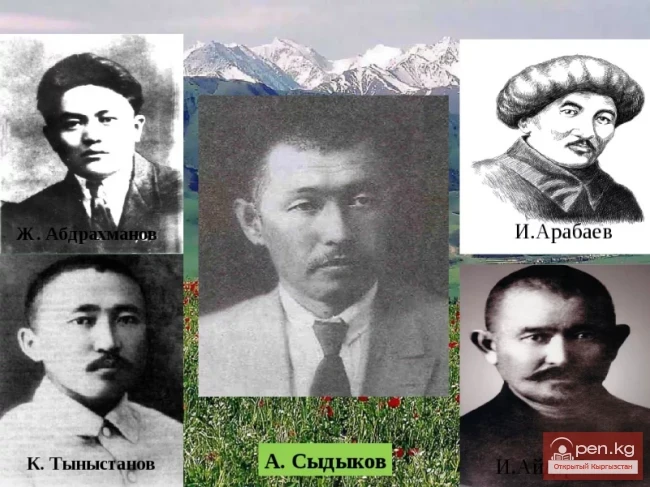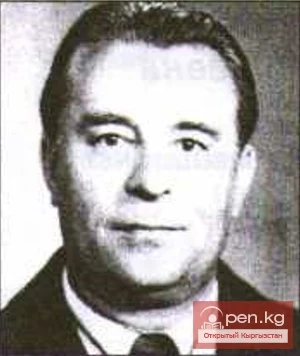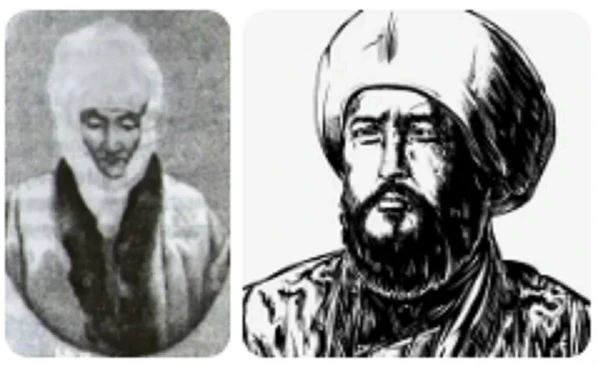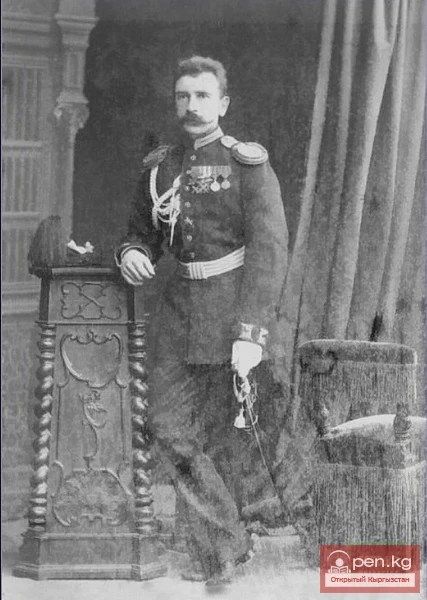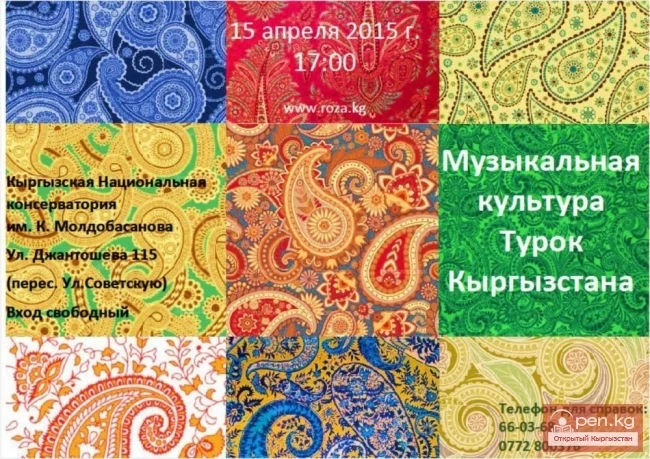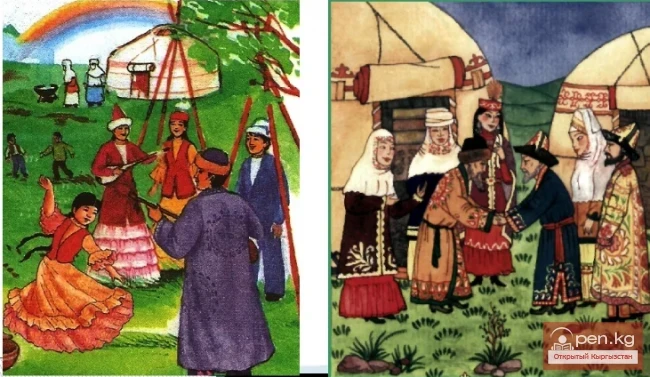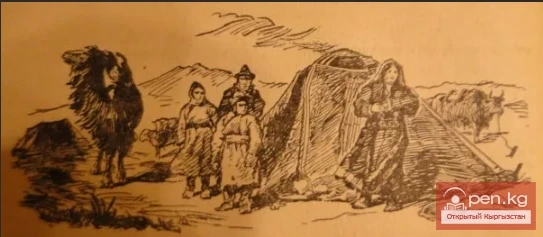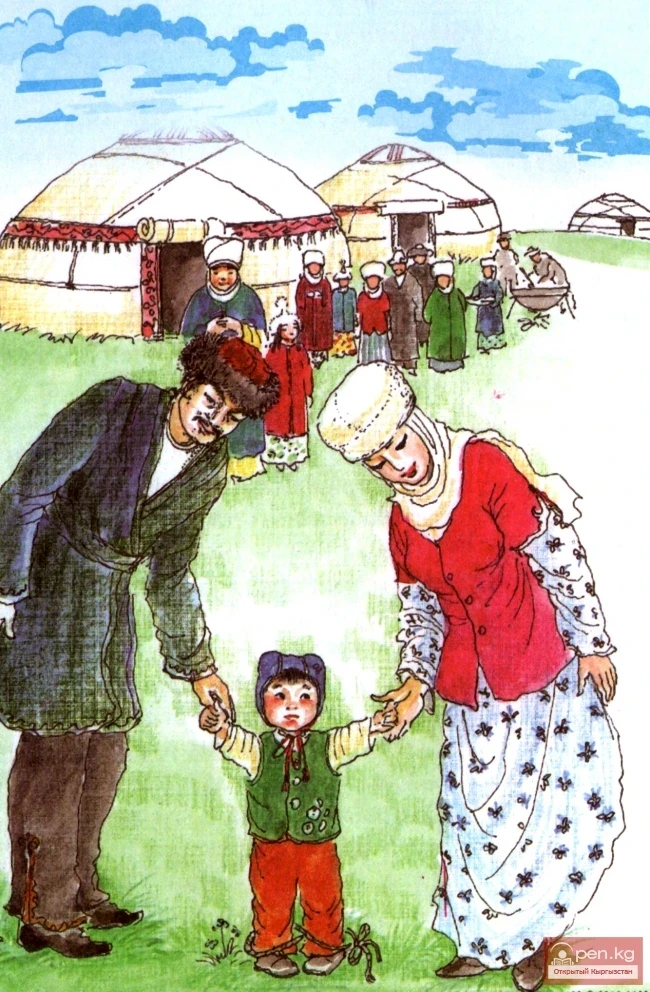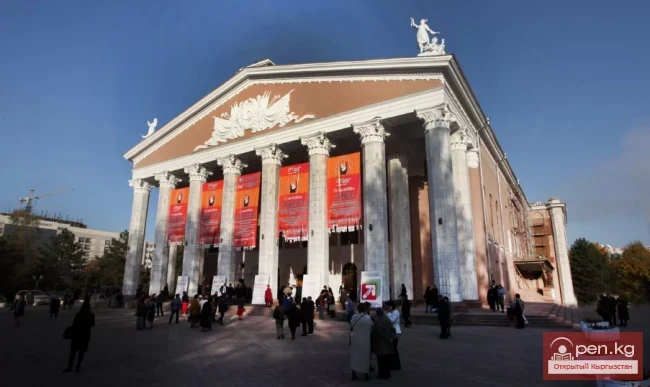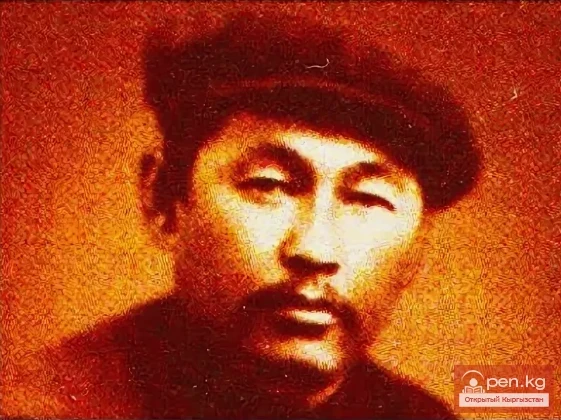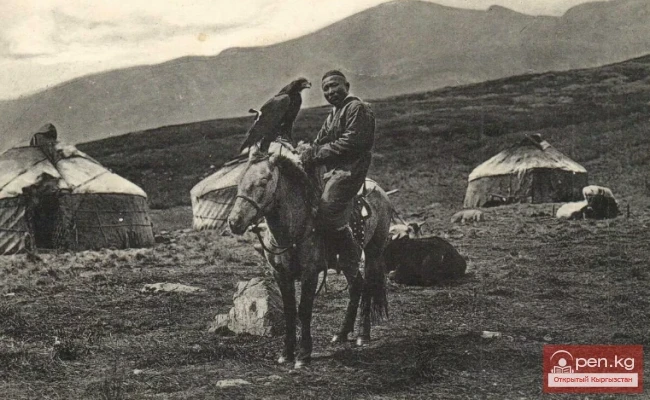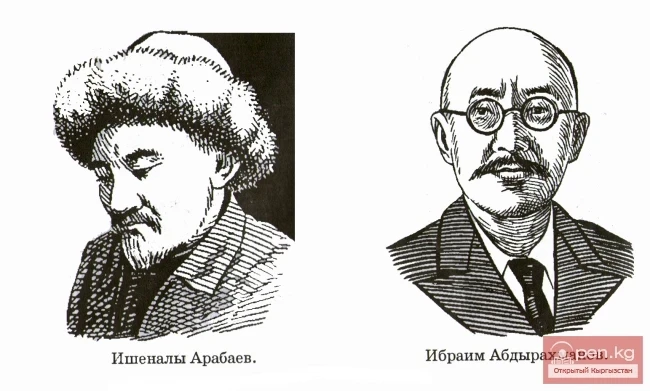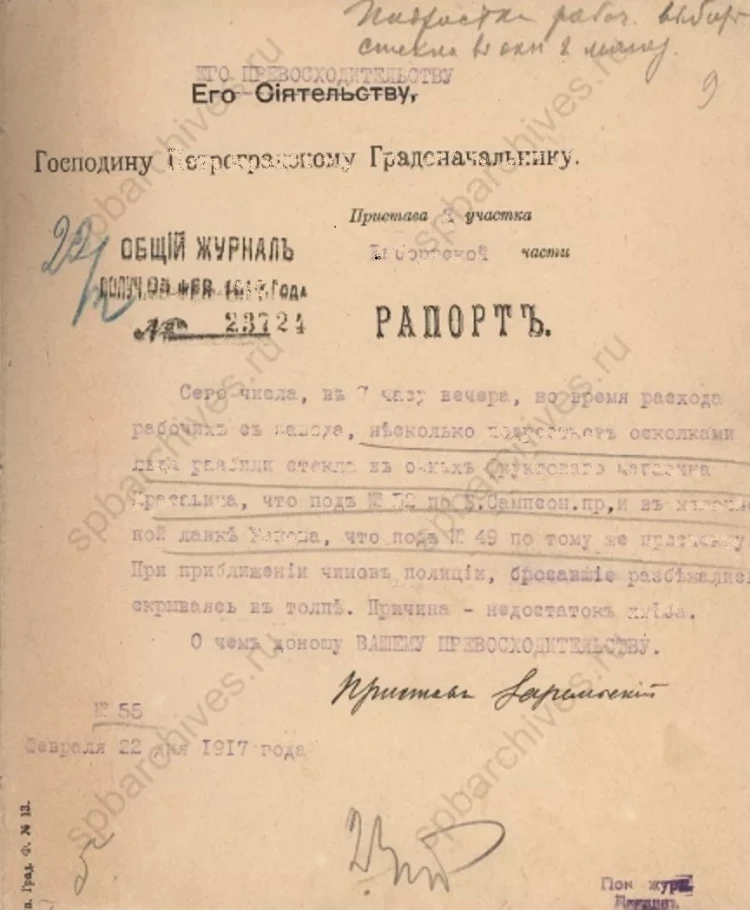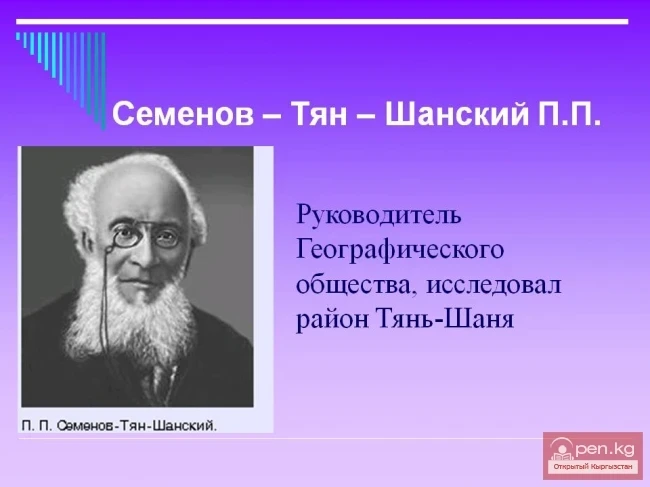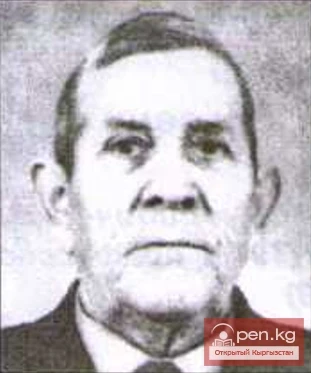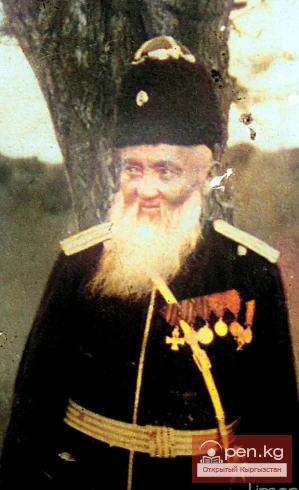
Baatyr, in demand by the era
Every nation has individuals whose activities serve as a peculiar reflection of the era in which they lived. Through them, we study our history, compare our actions, thereby grasping the truth of national self-consciousness. The well-known Russian historian Vasily Osipovich Klyuchevsky expressed a remarkable thought on this matter at the end of the last century when he asserted that "self-consciousness is a difficult and slow process, crowning the work of a person or a nation on itself, and is achieved through various paths. Holidays in memory of people who have advanced or facilitated this work are brief stops to look around, catch one's breath, reflect on what has been experienced, and count the years lived. Thus, on the journey, one looks back to assess the distance traveled and check the direction based on outstanding landmarks." Therefore, it is quite justified that on August 12, 1997, at the suggestion of the Chuy regional and Kemin district state administrations and the broad public of our country, the Government of the Kyrgyz Republic issued a special decree to prepare and hold the 160th anniversary of Shabdan Baatyr in 1999. The preamble of this document notes the merits of Shabdan Baatyr in the historical development of the Kyrgyz people and his role in the patriotic, spiritual, and moral education of the people of Kyrgyzstan.
Probably, among us, there are few who are more or less unfamiliar with the history of the Kyrgyz and Kyrgyzstan, who have not heard or remembered the name of Shabdan Baatyr Jantay Uulu (1839—1912), whose information still predominantly carries a legendary-mythical character, adorned with epithets such as: aykol (magnanimous), ken-peyil (good-natured), akylman (wise), zhoomart (generous), booruker (responsive), adilet (just), akykatchyl (honest), chechkinduu (decisive), abyroyluu (influential), etc. This is quite understandable, as he lived during a truly complex and pivotal stage in the history of the Kyrgyz people, not merely as a witness but as an active creator of it, rightfully earning the glory of a worthy son of his people during a special era — the era of foreign colonialism.
And since such moments in the history of our people, under the pressure of shifts in ideological orientation of society, have often been subject to reinterpretation, they have also received contradictory assessments from historians and the public. This is partly explained by the fact that many global problems in the history of our people have not yet found proper scientific research and remain debatable. They create more confusion in the minds of our compatriots instead of being a source of spiritual inspiration and patriotic education.
The collection of documents and materials about Shabdan Baatyr presented to you is a small fraction of the vast number of documentary sources concentrated in the archives of our republic and neighboring countries, which can serve as a basis for an objective and comprehensive reflection of the historical reality of the corresponding periods in the history of our people. Undoubtedly, when reading and using these documents, it is necessary to be extremely critical, considering the time, nature, and purpose of each source. They reflect the authors' vision of the problem, representing the interests of certain political groups and social strata pursuing specific goals.
Certainly, a comprehensive and systematic study of the history of Shabdan Baatyr, and consequently the history of Kyrgyzstan during this period, is still ahead, but today some corrections can already be made. First of all, it must be stated with all clarity that there was no conquest and oppression of Kyrgyzstan by the Kokand Khanate.
The attempts of Central Asian peoples to unite based on proximity of territories, language, religion, and common historical fate to organize resistance against the impending danger from foreign conquerors were perceived by Russian military and diplomatic officials as exploitation and violence of the Fergana people over the Kyrgyz. This circumstance at the time served as the ideological basis for the foreign policy doctrine of the Russian Empire in its advance southeast and south towards new territorial acquisitions in Central Asia.
